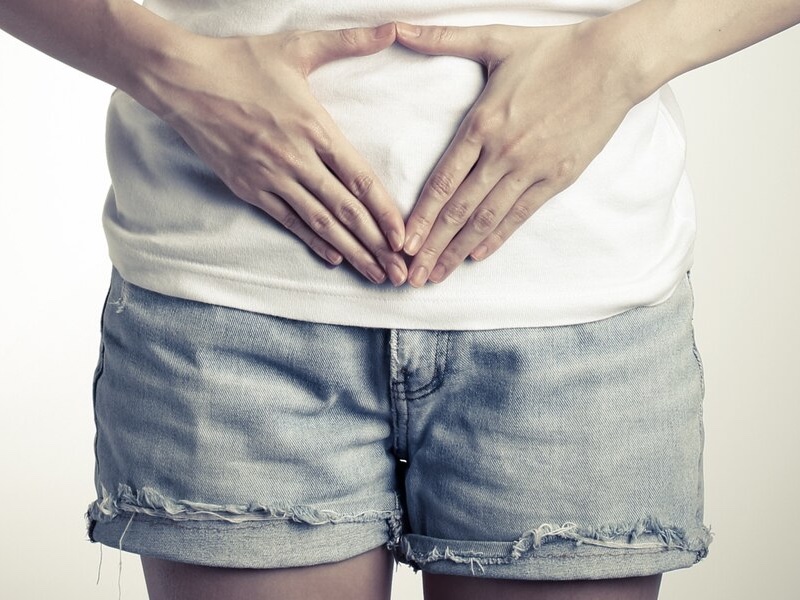
Bladder weakness, also known as urinary incontinence, can be managed through various approaches. It is more common than you think, and people are talking about it more openly.
It’s important to note that while these suggestions can be helpful, it’s always recommended to consult with a healthcare professional or your GP for an accurate diagnosis and personalised advice.
Here are some general strategies that may help manage bladder weakness:
Kegel/pelvic exercises.
Strengthening the pelvic floor muscles through Kegel exercises can be beneficial in controlling bladder leakage. These exercises involve contracting and relaxing the muscles used to stop urination. Regular practice can improve bladder control over time. There are many apps to remind you during the day to carry out your exercise.
Maintain a healthy weight.
Excess weight can put pressure on the bladder, exacerbating urinary incontinence. Maintaining a healthy weight through a balanced diet and regular exercise can help alleviate symptoms.
Fluid management.
While it may seem counterintuitive, reducing fluid intake isn’t always the best approach. Limiting fluids excessively can lead to dehydration and bladder irritation. However, it’s helpful to avoid excessive intake of fluids, especially caffeine, alcohol and carbonated drinks, as they can act as diuretics and irritate the bladder.
Scheduled bathroom visits.
Establishing a regular bathroom schedule, even if you don’t feel the urge to go, can help train your bladder and reduce the likelihood of accidents. Gradually increase the time between bathroom visits to improve bladder capacity.
Double urinating.
After urinating, wait a few moments and then try to urinate again to empty the bladder more completely. This technique can help reduce residual urine and minimise the risk of leakage.
Dietary considerations.
Some foods and beverages can irritate the bladder and worsen incontinence symptoms. It’s helpful to identify and avoid potential triggers such as spicy foods, citrus fruits, tomatoes, artificial sweeteners, alcohol and acidic foods.
Use absorbent products.
In cases where bladder weakness persists, using absorbent pads, liners or protective underwear can provide a sense of security and help manage leaks. There are many products out there that will make you feel more comfortable and give you the confidence
Medication or medical interventions: In certain situations, medications or medical interventions may be recommended by a healthcare professional. These could include prescription drugs and bladder training techniques, Other options may be available from your GP.
Remember, it’s so important to consult with a healthcare professional who can evaluate your specific situation, provide a proper diagnosis and recommend an appropriate treatment plan for managing bladder weakness.
For more information, check out NHS website.







